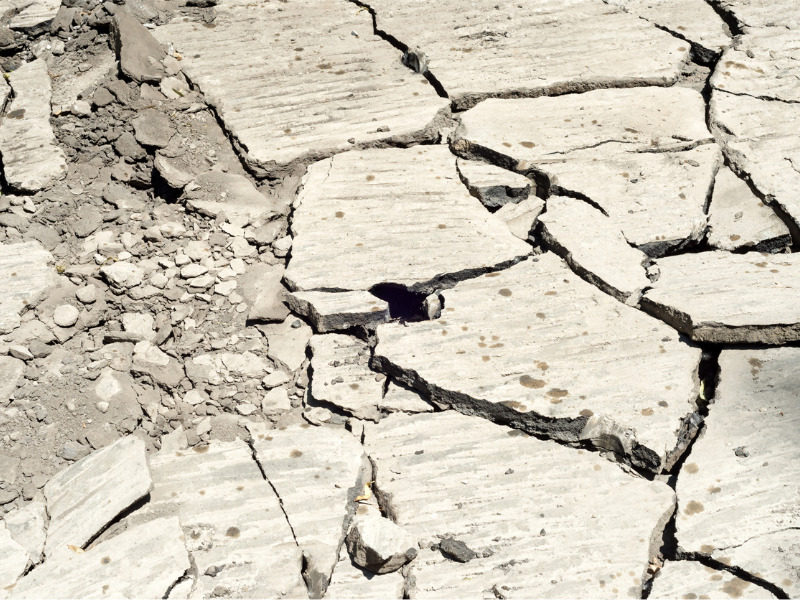What’s the best way to increase earthquake insurance take-up in Quebec?

The best way to get consumers to buy earthquake insurance in provinces like Quebec is to find a balance between highlighting the benefits of early intervention and not making the narrative too scary, a research social scientist told delegates at CatIQ Connect Tuesday.
“One of the biggest challenges we have is to talk to people about earthquakes where the probability is low but the impact is absolutely going to be high if there’s a damaging earthquake in those areas,” said Sara McBride, a research social scientist at the U.S. Geological Survey.
Industry estimates in 2019 suggested a 5% to 15% likelihood of a Magnitude-7 earthquake in Quebec in the next 50 years.
“How do you frame the story of what it would look like without making it too scary, because that’s the balance,” McBride said. “You don’t want to make it so scary that people go into fatalism.
“We know that people listen to people who they relate to, who use the same languages they use, speak with the accent that they have [and] have these experiences,” McBride said, using the example of a Montrealer who “lives in this place, and yes, [an earthquake] happened here. We know that storytelling is incredibly powerful and persuasive in terms of convincing non-technical users.”
While the insurance industry is familiar with statistics and it may be persuasive for the industry, such an approach might not work with the general public. “You want it to be this balance of, ‘Hey, this is the story, this is what happened, but here’s the positive outcome,” McBride said. “‘If we hadn’t had this intervention ahead of time, here’s what would have occurred.’”
iStock.com/allanswart
McBride said there’s different ways to build communication and education campaigns. “I tend to prefer campaigns that are on the lighter side that don’t try to just scare people into doing something — because fear is a very limiting motivating factor. [Instead, try to] engage people in a persuasive and interesting and creative way where they want to learn more and they want to be engaged that way.”
McBride made her comments during a discussion on how to increase earthquake (“shake”) insurance take-up in places like Quebec.
In British Columbia, where there’s some experience with shaking, more people buy earthquake insurance, Alister Campbell, president and CEO of the Property and Casualty Insurance Compensation Commission (PACICC), noted during the session West Coast Earthquake – The Known Unknowns. But in Quebec, there’s much less experience of strong shaking since the 1663 Charlevoix magnitude 7.3 to 7.9 earthquake, Campbell noted. (The border between Ontario and Quebec did experience a magnitude 5.0 earthquake in 2010).
Campbell pointed to B.C.’s approach, where kindergarten children come home with a family homework assignment to create an earthquake preparedness kit. “As a result, every parent is informed there’s earthquake risk for their kid,” Campbell said. “That had way more impact on the parents than on the kindergarten kid. I regard that as a best practice example of…communicating effectively and powerfully to grown-ups [about] a risk that they’d rather not think about and probably would prefer not to have to pay insurance for.”
In B.C., the earthquake insurance take-up rate for homeowners is between about 43% and 48%, said Dennis Chua, senior vice president and head of Canadian and Caribbean catastrophe management at Aon. Compare that to the Ottawa-Montreal region, where it’s only about 2% to 3%. “Less than 5% of homeowners in Canada are purchasing some form of earthquake cover in the east.”
Further compounding the problem is the fact that deductibles are very high — 10%, 15%, 17% or higher, Chau said.
“We are seeing 20% [deductibles] on paper now in B.C.,” he said. “Why? Because most homeowners want to reduce that cost of premium.
“And if you think it’s wrong, what’s the first thing you do here in Ontario when you get your auto policy? You ask, ‘How do I decrease my premium?’… And that’s what they’re doing in Vancouver. They look at ‘what’s the premium? How do I [get] that lower?’”
Feature image by iStock.com/MarcBruxelle







